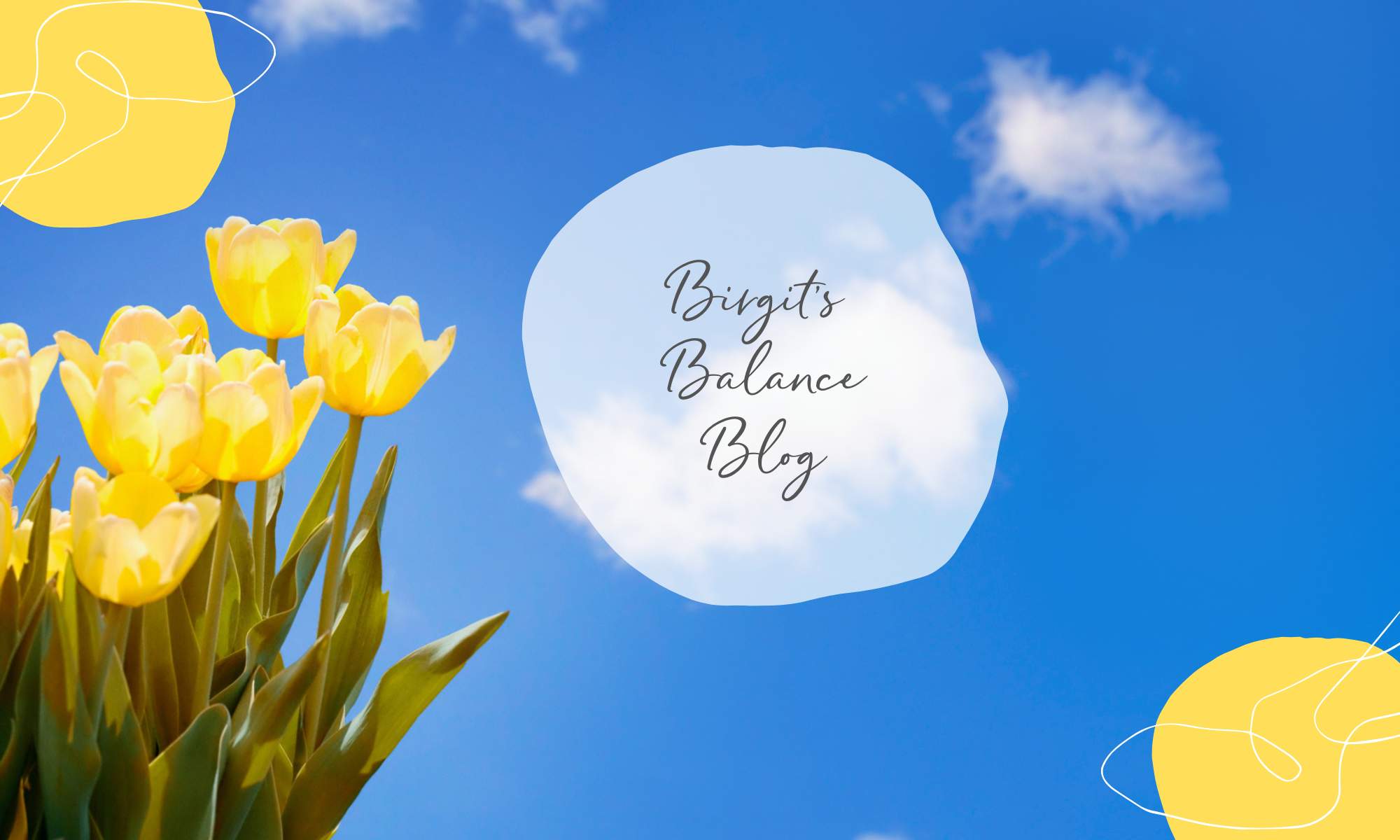
This week I took the practical final exams again. 7 candidates who gave their best – two of them repeaters.
And during this exam I suddenly became aware again:
How well a person can develop and call on his or her skills depends not only on his or her competence – but also on the environment. It is not enough for a car to have a powerful engine. It also needs a driver who knows how best to put that horsepower on the road.
I believe that our attitude alone, and how we as examiners present ourselves to the examinees, has a massive influence on the exam result.
And I’m not talking about glossing over mediocre or poor performance.
I’m talking about creating an appreciative atmosphere in the first place, in which the best possible performance can be called up.
And I think this can also be transferred to everyday life.
If we are disappointed again and again or find ourselves in the same situations again and again, we should think about what part we have in it.
Do we allow our counterparts to bring out their best selves?
Do we believe in the beauty, best intentions and potential in the other?
Or are we just looking for confirming evidence for our already established evaluation, judgements and beliefs about that person? (“That’s what I expected from the beginning!”).
Are we open to the possibility that this person may (positively) surprise us?
Do we focus on being right or on helping the other grow and flourish?
We will always find evidence to confirm what we are already convinced of. That’s because we don’t look for evidence to the contrary. Psychology calls this “confirmation bias”.
So if we want to get something different, it all starts with expecting something different – or even better, letting go of all expectations and letting go completely of the other person or the situation. Just letting him/her be who he/she is.
Unknown territories will not appear at the end of well-trodden paths.
With which people and situations are your presuppositions already like “well-trodden paths”?
And with whom would you like to go new ways and see where they lead you?
Stay curious and open,
Birgit
